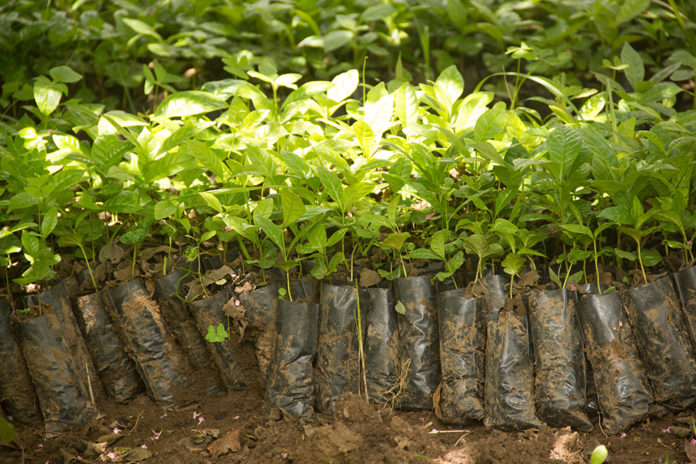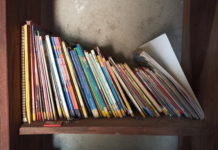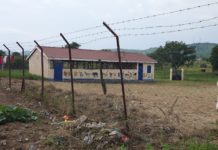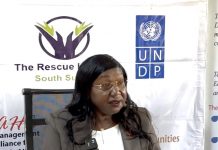Forest depletion among others has been at the forefront of challenges reported commonly reported after South Sudanese refugees who flee conflict in their county have been sheltered in various camps within the country (Uganda)
Most South Sudanese refugees who settled along the northern region of Uganda use trees from the forest to light up energy stove as source of energy for cooking, leading to the depletion of the natural resource.
However, plans to replace the natural resources depleted are underway as the UN refugee agency, the UNHCR’s environmental rehabilitation and reforestation program amongst other Organizations offer greenlight as they promised 400,000 in the districts hosting the refugees.
In a bid to kick off the move, refugees and host communities living near Palabek refugee camp have received tree seedlings as a plan to elevate the 400 trees intended to be planted this year. Palabek-Ogili refugee camp shelters approximately 30,000 South Sudanese refugees.
In the West Nile sub region, UNHCR has so far coordinated the planting of 154,000 jackfruit trees and 190,677 exotic fast growing trees in refugees’ camps and neighboring communities.
Innocent Opiyo, the Field Assistant at Lutheran World Federation (LWF), one of the nongovernmental organisations implementing the tree planting project said the initiative is aimed at promoting innovative energy solutions and land restoration.





